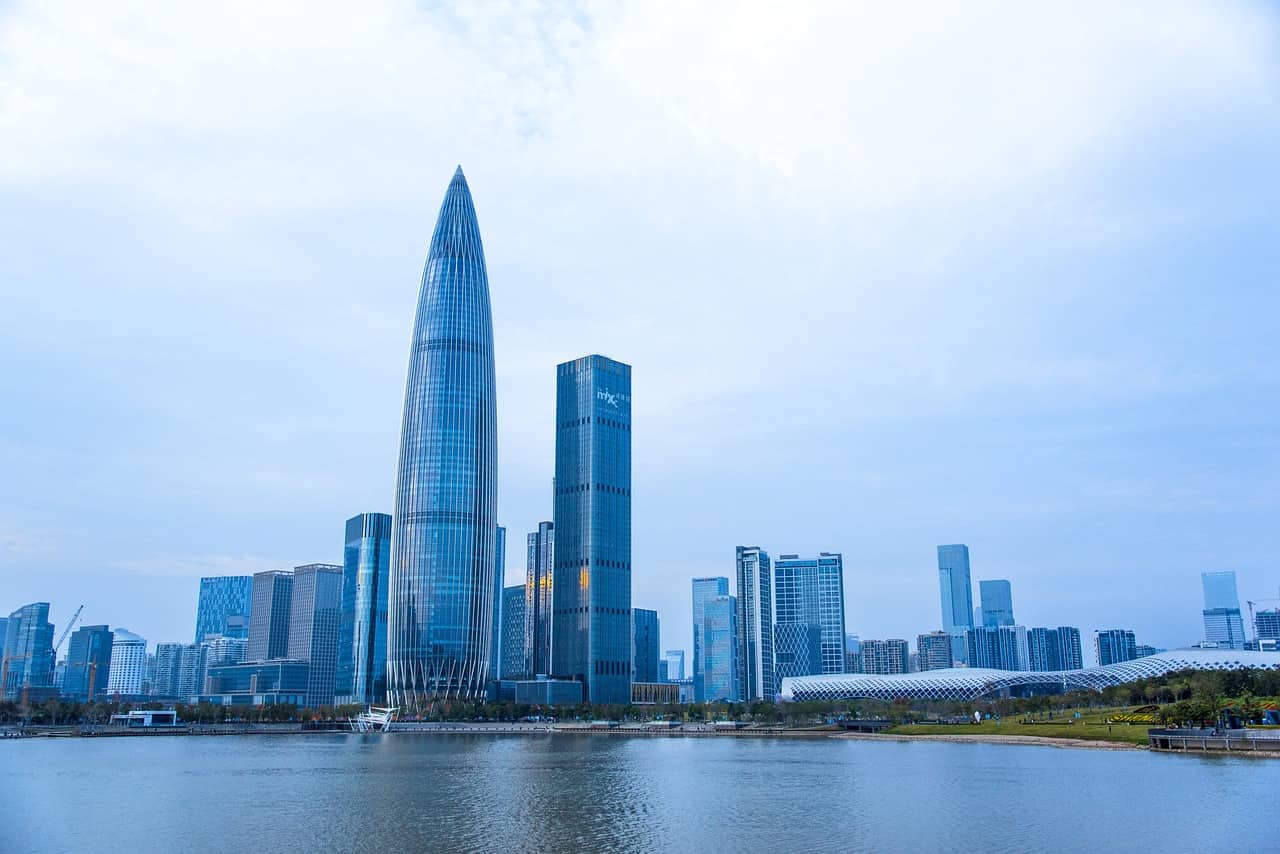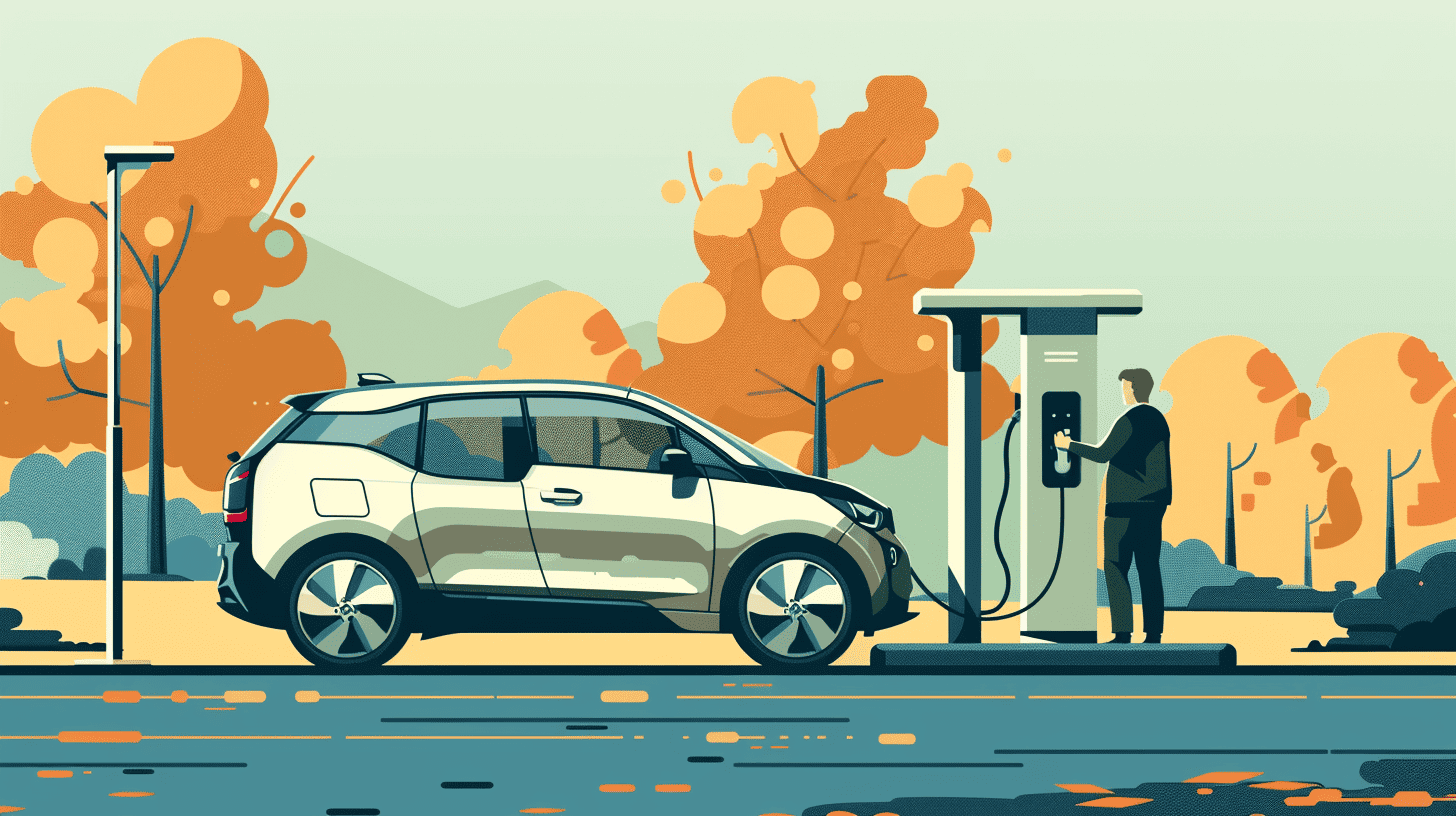
Huawei is telecommunications equipment, consumer electronics, wearables, smart devices, and various rooftop solar products.
And cars.
Wait, what? Yes, with the launch of the S7 sedan, in collaboration with Chery, Huawei directly challenges industry leader Tesla’s Model S. Huawei is boldly pivoting towards the electric vehicle (EV) industry by inviting key automakers to invest in a novel joint venture with Changan Automobile. Attracting partners like Seres, Chery, JAC, and BAIC, the tech giant aims to carve a niche in the smart car sector, signaling strong ambitions despite delivering fewer than 100,000 Aito brand units last year.
The strategic move intensifies competition in China’s burgeoning EV market and aims to expand Huawei’s smart car system clientele. As discussions with JAC indicate, Huawei is driving forward with a concerted effort to redefine its consumer business through innovation in electric mobility. In short: Huawei shows its EV ambitions.

China is setting the EV course
The car market is currently undergoing a rapid transformation to electromobility (“EV” – Electric Vehicles), our columnist Bernd Maier-Leppla has been writing for several years. And most of the initiatives in this regard come from China. Chinese carmakers present new vehicles almost every week, he noted yesterday. There are currently 235 different electric vehicles for sale in China, 125 in Europe, and only 49 in the US. And while the average electric car in China costs 31,165 euros, you have to spend more than twice as much in Europe.
Revving up partnerships
Huawei’s invitation to carmakers to join its venture with Changan Automobile is a significant step in its strategy to deepen its footprint in the EV industry. Yu Chengdong, CEO of Huawei’s consumer business group, has contacted Seres Group, Chery Automobile, JAC Motors, and BAIC Motor, promoting a shared vision of innovation and industry growth. This collaboration goes beyond mere investment; it is a concerted push to integrate Huawei’s technology and expertise with established car manufacturers.
Under the Huawei Select model, the company works closely with these manufacturers on product design and sales. Huawei’s recent memorandum of cooperation with Changan Automobile further cements this relationship. Changan is poised to hold a significant equity stake, up to 40%, in the new smart car company. This partnership is a clear bid to leverage Huawei’s technological prowess within the automotive realm.

Challenging the status quo
The unveiling of the S7, Huawei’s first electric sedan built with Chery, under the Luxeed brand, has shaken the market. This launch directly challenges Tesla’s dominance in the EV sector. With 20,000 pre-orders already placed, the S7’s competitive pricing and state-of-the-art features, such as partially autonomous driving software and an adaptive air suspension system, make it a formidable contender.
Despite Aito, the Huawei-Seres brand, facing fierce competition and delivering less than 100,000 units last year, the company has set ambitious targets. With expected monthly deliveries to increase significantly, reaching over 30,000 in January, Huawei is showing no signs of slowing down. This launch and strategic collaborations underline Huawei’s commitment to establishing a significant presence in the electric vehicle market.
Financial maneuvers and market value
The valuation of Huawei’s new smart car software and components firm is estimated to be as high as $35 billion. Advanced stake discussions are ongoing, with potential minority shareholders such as FAW Group and Dongfeng Motor Group. Huawei’s dedication to this venture is evidenced by a substantial investment of $3 billion and an R&D team of 7,000.
The new company is expected to engage in comprehensive R&D, production, sales, and service of intelligent automotive systems and component solutions. This move is not just a diversification tactic; it’s a strategic repositioning. With a possible headquarters in Chongqing, and plans for a business listing, Huawei is laying the groundwork for a robust entry into the smart car industry.

Smart collaboration in the face of adversity
Despite facing US sanctions, Huawei has not been deterred. Its joint venture with Changan Automobile is a deliberate foray into the smart vehicle industry, focusing on research, development, and sales of advanced car systems. This venture bolsters Huawei’s role as a leading supplier in the industry, possibly reducing resistance from other automotive players.
Richard Yu Chengdong, chairman of Huawei’s Intelligent Automotive Solution business, has been vocal about the company’s openness to selling equity to strategic partners in the car industry. Huawei’s commitment is not to produce cars, he says, but to help carmakers build superior vehicles, reinforcing its position as a technological collaborator rather than a competitor.

Strategic alliances shaping the future
The emergence of the Huawei-Changan joint venture is reshaping market dynamics. Changan Automobile’s shares surged following the announcement, underscoring investor confidence in the partnership. Seres, an existing Huawei partner, has expressed enthusiasm for the new venture and is discussing potential investments and cooperation.
Huawei’s diversification into the EV segment is particularly crucial as the company seeks new revenue streams after US sanctions impacted its smartphone business. With these strategic alliances and innovative products like the Luxeed S7, Huawei is charging forward to transform the industry.





